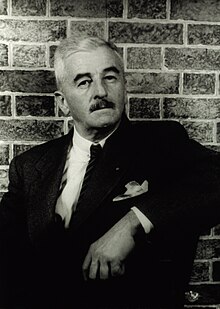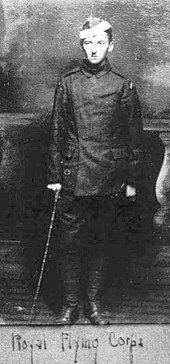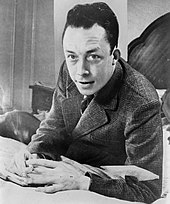William Faulkner bibliography
William Faulkner (1897—1962)[1] was an American writer who won the 1949 Nobel Prize in Literature.
Faulkner made his debut as a published writer at the age of 21 with the poem "L'Après-midi d'un Faune", which appeared in The New Republic on August 6, 1919.
Two more poems, "Cathay" and "Sapphics" and a short story, "Landing in Luck", were published in Mississippian in November 1919.
In addition to several speeches, Faulkner also wrote several essays on topics ranging from Albert Camus to Japan.
To date, Library of America has published all of Faulkner's novels in five volumes, containing restored authoritative texts.

















